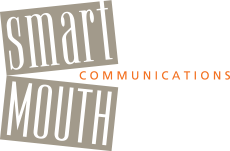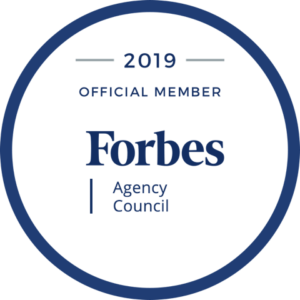President’s Day is more than a day off from work or school. It’s when we remember the February birthdays of two of our early Presidents, both of whom were known for their honesty.
If honesty was part of what earned George and Abe their places in history, then we should probably take a page from their playbook for our own communications, right? But how do we do that? What would it mean to be “honest” in our communications beyond the obvious of telling the truth?
Here are 3 types of honesty you can apply to your communications – speeches, presentations, interviews with the media, or ordinary business conversations – that I bet would be endorsed by George and Abe:
- Transparency. Audiences are very discerning and can smell a phony within seconds. Be real; let people see you, let people see what’s happening. If you have good news, call it good news. If you have bad news, call it out as bad news. Spin (a self-interested selection of the facts) only goes so far. Be as open and forthright as possible.
- Self-Awareness. Is there an elephant in the room? Your situation might require an apology or an admission of wrong-doing before you can get an audience’s attention, let alone win its trust. Or perhaps you’ve being criticized and need to respond. In that case, you’ll want to be prepared to own the “criticisms” that also happen to be true. Very often, criticism is true and with good reason. Don’t automatically get hot under the collar when attacked. Reflect on yourself and then own it with confidence if it’s you and it’s true.
- Fairness. Intellectual honesty is a credibility win-win. If you have an opponent or a competitor, and you can be objective and fair about what you share in common as well as what differentiates you, then you will score big points with your audiences. Likewise, being willing and able to call out your friends and also applaud your enemies is a credibility-winner and reputation-booster.
These 3 tips are more nuanced versions of honesty than confessing to chopping down a cherry tree or walking miles at night to return pennies to a customer who overpaid, but they’re just as appealing. Give them a whirl!
- New Agey Advice for Nervousness - November 3, 2022
- Your Passion Can Go a Long Way Toward Building Connection - October 10, 2022
- Keep stage fright a private matter while you’re speaking on a public stage! - August 11, 2022



